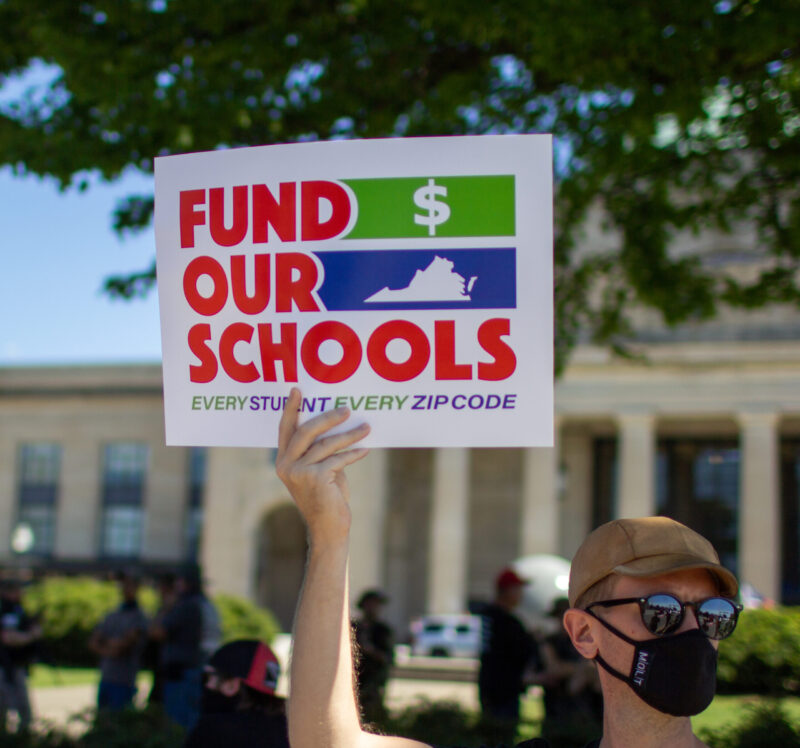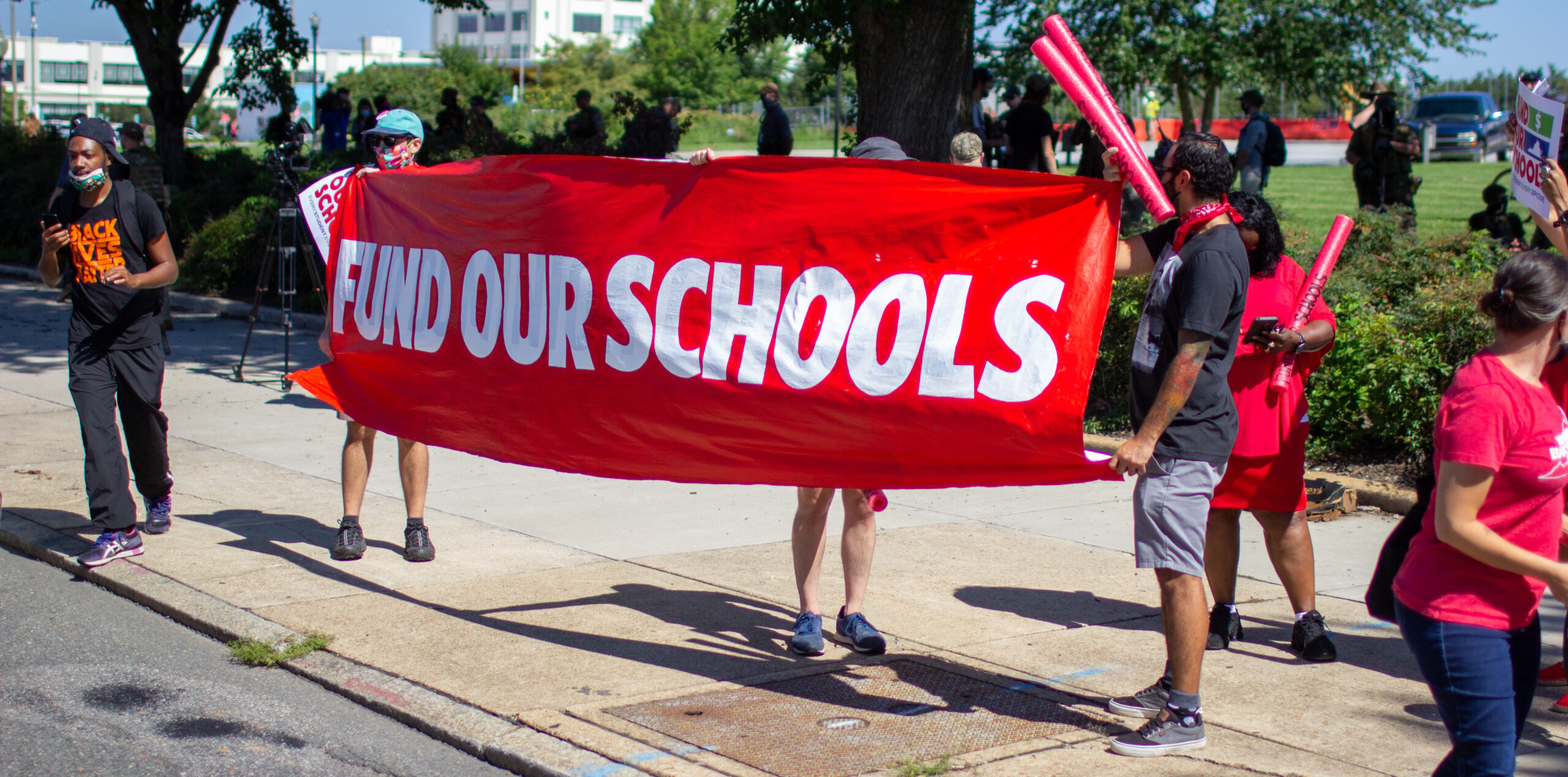We envision a Virginia where all young people have access to high-quality public education, strong community supports, mental health services, and a truly restorative youth justice system.
We partner with youth, their families, and their communities to achieve racial, social, and economic justice for all young people by dismantling systems that create and perpetuate poverty.


